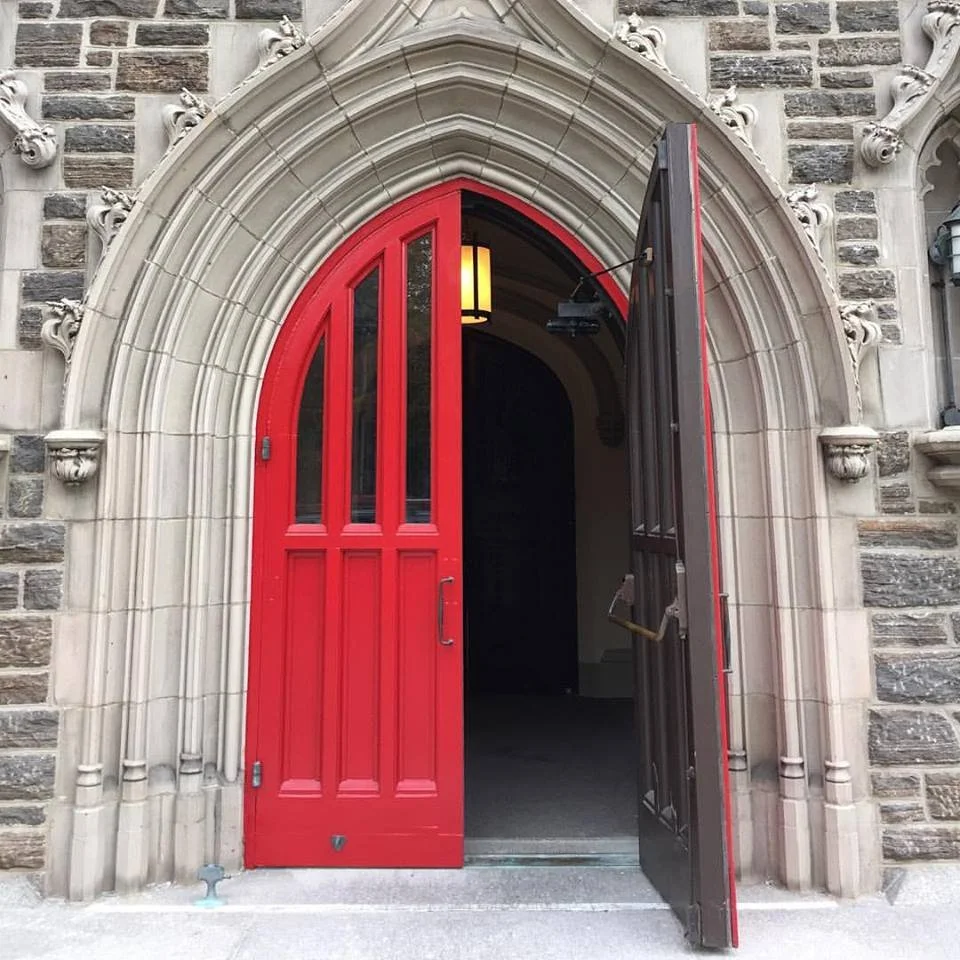Spending Our Lives For Noble Purpose
The Smothers Brothers discovered Pat Paulsen many years ago when they heard his night club act. They brought him on board and used him first as a writer for their variety show, and then as a part of the comedy cast. Part of Paulsen's "schtick" was his six campaigns for president. He gave us several memorable lines.
"I am neither left wing nor right wing. I'm middle-of-the-bird."
"In America, any boy can grow up to be president. Or, if he never grows up, vice--president."
"I am against welfare for poor people. All they'll do is pay rent and buy food."
Well, yes, money is only good if we can spend it for something valuable.
This is the basis of one of Jesus's most well-known stories. He told of a woman who had ten coins and lost one. The homes in first-century Palestine most often had earthern floors covered with stalks of flax as a primitive carpet. How easy it would be for a single coin to roll underneath the flooring and be lost to good use.
The point of Jesus' story is that someone apart from God is like a coin lost to usefulness. This doesn't mean that a non-believer can't do good things. Many do. They're good citizens, good neighbors and good Americans. But a non-believer is not exercising the greatest usefulness--investing their life in God's work.
The God of the Bible is fully capable of doing his work alone, but he offers us opportunity to partner with him in this work. The work of God has value and is eternal. In some way that we may not understand at the moment, his work has eternal consequence.
I remember one weekend many years ago. We'd only been back shortly to Alabama from the seminary in Kentucky, and I became friends with a neighboring pastor in Jacksonville. This man, in his early 30s, succumbed to cancer and his funeral was the same weekend that a plane crashed in Mississippi killing three members of the band "Lynyrd Skynyrd."
The attention of the media was on the crash, and it was a tragedy, to be sure.
But the media paid no attention to the Saturday funeral I attended where we honored a brother in the Lord who served faithfully and was taken from us too soon. But as John said in Revelation, our deeds follow us into eternity (Rev. 20: 13).
We do know that this young pastor's preaching of the gospel and bringing people to faith was a sterling example of a coin used for noble purpose.
Those who don't serve the Lord through his church forfeit their birthright. They're a coin lost to finest use.





